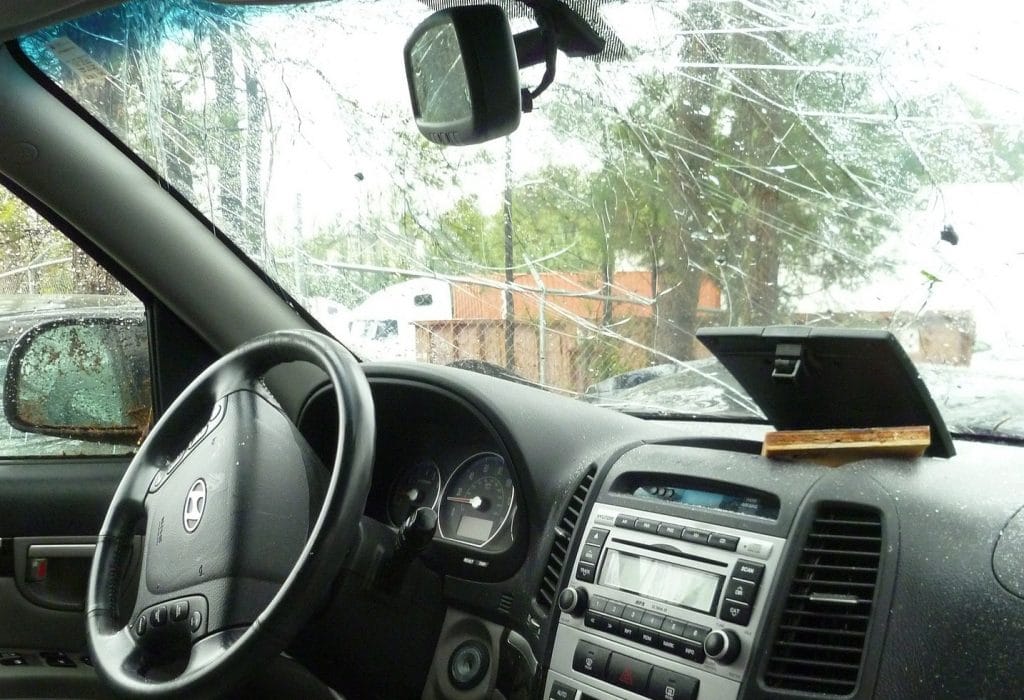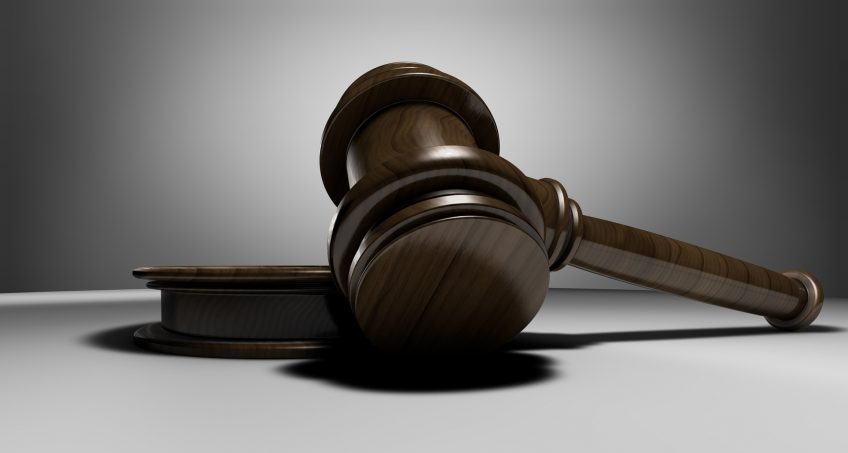Insurance Company Is Required To Protect Lienholder Listed On Policy
Car AccidentsIn the case of World Finance Group, LLC, v. Progressive Select Insurance Company, Case Number 3D18-1854 (Fla. 3rd DCA January 15, 2020), Florida’s Third DCA held that Progressive breached its policy under the “Loss Payable Clause” by failing to pay the lienholder listed on the declarations page of the policy for vehicle repair after a car accident.
Facts
The owner of a 2011 Ferrari F458 Italia purchased a policy with Progressive and listed World Finance as a loss payee on the declarations of the policy. Thereafter, the Ferrari sustained over $100,000 in property damage is a collision but yet the car was still not considered a total loss.
Progressive made payment for the property loss to the owners. The owners failed to use the money to make repairs to the car or pay off the car (keeping the money for themselves). World Finance, as the lienholder for the car, made “demands” to Progressive for payment as the loss payee under the policy. Progressive refused payment and asserted that it has satisfied its obligation to pay by paying the owners.
World Finance sued Progressive as an intended third party beneficiary and alleged a breach of the duty of good faith and fair dealing. Ultimately, the Third DCA concluded that the “Loss Payable Clause” under the policy required that Progressive pay the insured and the repair shop in order to protect the interest of the lienholder. Failure to do so was a breach of the policy.
Progressive was required to pay for this loss twice.
How Is This Supposed To Work?
When your car is a total loss in an accident, the insurance company is required to put the lienholder’s name on the check to ensure that the lienholder’s interest is protected.
On the other hand, when your car is not a total loss (and is repairable), then the policy requires that the repair shop be placed on the settlement check so as to ensure the lienholder that the repairs are made to the vehicle (and thus preserving the value of the vehicle).
Of course these rules only apply when there is a lienholder on the vehicle. For vehicles that are paid off, the owner gets the property settlement check and the owner can choose whether to make the repairs or not. Further, for vehicles that are paid off and are a total loss, the owner can also choose to receive a salvage title in lieu of giving up the car.
Talk To A Lakeland Car Accident Attorney About Your Case
Not sure how to get your car accident settled? Call Russo Law for a free consultation. We can help you through all of the issues on your car accident case from start to finish, including property damage. Get your free consultation with a car accident attorney in Lakeland today.


